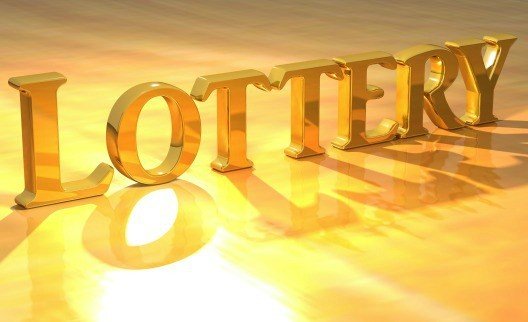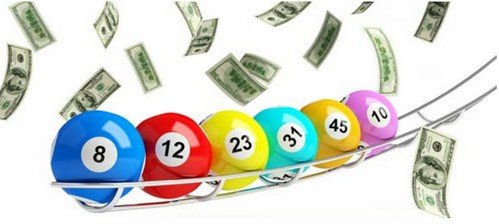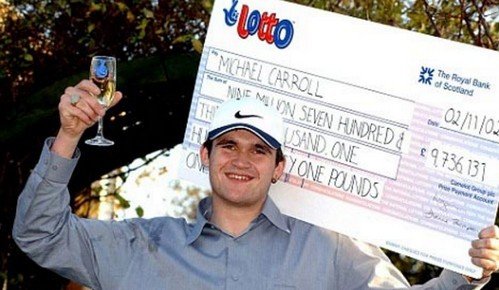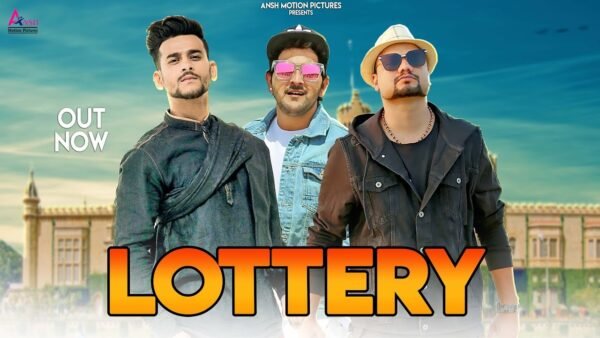9 Widespread Lottery Myths Debunked!
Is it true that you are more likely to be struck by lightning than win the lottery? If you keep playing the same numbers over and over are you guaranteed to one day win the jackpot? Are lottery jackpots harder to win than ever before?
Many of us have preconceived opinions about lottery play but some of these beliefs are simply not true! Lottery myths, like any other kind of myth, are ultimately false beliefs in what lotteries are all about. It’s time to expose the most widespread lottery myths for what they truly are, especially if you like to play lottery USA Mega Millions or the US Powerball this week, (something which you can do regardless of where you are in the world)!
Myth #1: It is more likely that you will be struck by lightning than win the lottery.
You’ve probably heard this one before – this is the most commonly cited lottery myth. Yet, it is not exactly true. Let’s consider the statistics. According to the US National Weather Service, the odds of a person being struck by lightning in their lifetime are 1 in 600,000. At face value, it would indeed seem that you have a greater chance of being hit by lightning than beating the 1 in 292 million odds to win the US Powerball jackpot.
Yet, this myth was debunked back in 1996 by Iowa Lottery commissioner Ed Stanek. Stanek pointed out that in 1995, 1,136 people won a million dollars or more playing North American lotteries compared with only 91 who were killed by lightning. Stanek noted that Powerball is not an “all or nothing” game and players can win small amounts even if they match only some of the numbers in a draw. The bottom line suggests that it would not be wise to go outside during a lightning storm but to play the lottery instead.
Myth #2: The lottery is a form of taxation on the poor.
This is a serious, frequently mentioned criticism of lotteries. Critics call the lottery a “regressive tax” and say that lottery players tend to have lower incomes and to be less well-educated than non-players.
If you think about it, playing the lottery is entirely voluntary whereas taxes are compulsory payments to support the government. In addition, some studies indicate that middle-class citizens are most likely to play the lottery. Also, what about the many celebrities who play the lottery – George Clooney, Hugh Jackman, Sylvester Stallone, Woody Allen, Madonna, and others? These “higher income” players enjoy the thrills of playing the lottery just like everyone else.
Myth #3: Only the winners benefit from the lottery.
Not true! While only a small percentage of players actually win cash prizes in a draw, the number of people who actually benefit from a lottery is huge. Lotteries devote a significant percentage of their ticket sales to charitable causes, including education, environment, healthcare, social issues, sports, veterans affairs, and more. We all benefit from the lottery, even those of us who never played the game!
theLotter actively encourages charitable giving and encourages winners to share their good fortunes. Not only that, in our charity programme theLotter will match and double contributions to charity!
Myth #4: If you keep playing the same numbers, eventually you’ll win the jackpot.
False! The numbers in a lottery drawing are chosen randomly, with no connection as to whether you’ve played them previously. Theoretically, you could play your numbers until infinity and they would eventually win the jackpot but realistically, the chances of your frequently played numbers winning the jackpot are as random as anyone else’s.
Whether you believe in using them or not, we have been keeping track of the Powerball results and their hot & cold numbers. Will they appear in the next draw?
Myth #5: The smaller the jackpot, the better the odds.
This is not true! The odds of your winning the Powerball are the same when the jackpot is $40 million as when it is $400 million. If you buy more than one lottery ticket, your odds improve but only by a small degree. You do, however, have better odds of winning the jackpot prize if you play a smaller lottery. For example, the odds of winning the Austria Lotto are 1:8,145,060 but as a result, jackpots in that lottery tend to be quite small in comparison.
Myth #6: Winning a large prize more than once is impossible.
It is said that lottery luck only strikes once, but this statement is not based on reality. There have been many remarkable stories about players who have scored more than one amazing lottery prize. One example is English couple David and Kathleen Long who won £1 million in the EuroMillions lottery twice in two years.
Another example is that of the Carmichaels from Arizona. The couple won $2.5 million playing the Arizona State Lottery in 1995 and then scored a $1 million win in 2013.
A number of our players at theLotter have enjoyed repeated lottery luck. A.K., one of our veteran players from Latvia, won a massive €578,000 win playing the Italian SuperStar in 2013. Two months later he scored lottery wins in the Canada Lotto 649; La Primitiva; and France Lotto.
Many jackpot winners state that despite their financial windfall, they will keep playing the lottery and now we know why!
Myth #7: Lottery jackpots are harder to win than ever.
This statement is true. Powerball changed its rules in October 2015. The guess range for the main numbers increased from 59 to 69 while the Powerball guess range was reduced from 35 to 26. Following these changes, the odds of winning the Powerball jackpot decreased from 1 in 175 million to 1 in 292 million.
As a result, the Powerball jackpot became much harder to win and jackpots grew larger and larger. The Powerball rules change led to the record $1.58 billion jackpot split between three winning tickets in January 2016.
Myth #8: Lottery play leads to compulsive gambling.
Here again, is a very serious charge against lottery play, but actually, there’s little evidence to support it. According to the National Survey on Gambling Behavior conducted by the University of Chicago’s National Opinion Research Center, “it does not appear that the availability of a lottery has an impact on (problem gambling) prevalence rates.”
Similarly, a study of ‘Lottery Playing, Gambling Addiction and Links to Compulsive Consumption’ from 1990 stated that its findings “do not support the claim that lotteries create addictive gamblers.”
Lottery play, like other forms of gaming, is intended to be fun but could potentially become addictive. Responsible gaming sites, like theLotter, include links to GamCare and Gamblers Anonymous to help lottery players identify the possibility of gambling problems.
Myth #9: Winning a lottery will make you happy.
On the whole, winning the lottery doesn’t change you. If you were happy before, you will be happy after winning the lottery. If you were a jerk before, you would still be a jerk. While lottery money can give you financial freedom, it can’t buy you love or guarantee happiness. Still, winning the jackpot would be a major life-changing event!
Lottery myths – should you believe everything you hear?
Playing the lottery combines entertainment with a low-cost chance to make fantasies come true. Those who choose to play the lottery should do so responsibly, setting aside a budget for ticket purchases that they can afford. No matter where you go, why you play lotteries online and what lotteries you play you may hear people say things about the lottery. Do you know the difference between lottery facts and lottery myths?
=
ATTENTION!
Perhaps you will also find additional useful, worthy Lottery Winning Systems through our links:
- My Lottery Maximizer Breakthrough “Lotto Processor” (Richard Lustig)
- Lotto Profits – #1 NEW Lotto
- Get Free Reports on Your Lucky Days
We are here for you!
CHECK JACKPOT YOUR LOTTERY!

Plus, you can play right now from the comfort of your home.
- Study 7 Methods to Win the Lottery Jackpot!
- Viking Lotto Attracts Attention Worldwide
- Powerball lottery: what you need to know to play and win 2021.
- New payment options in Texas
- LUCKY LOTTERY NUMBERS
Home » Featured
Play Power Play, Huge Discounts!













